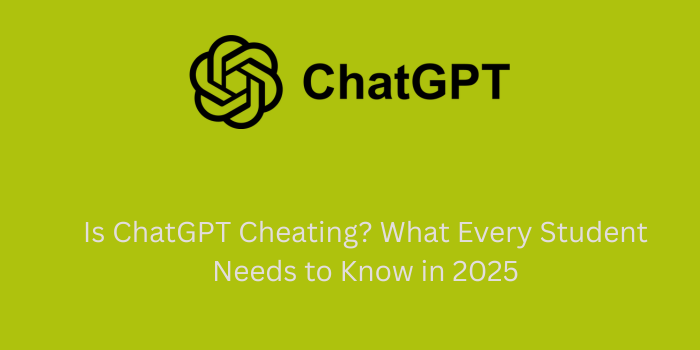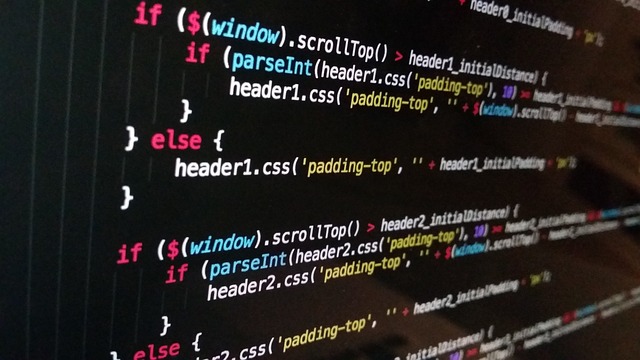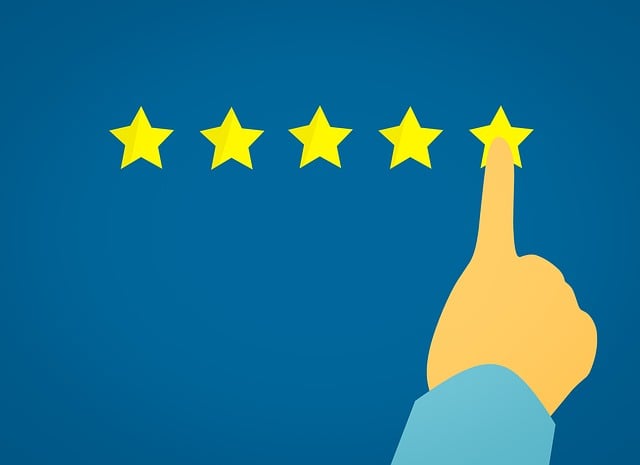With the rapid rise of artificial intelligence tools like ChatGPT, students are faced with a new question: Is using ChatGPT considered cheating? The answer isn’t as simple as “yes” or “no.” It depends on how and why you’re using the tool. In this in-depth guide, we’ll break down everything students need to know — from ethical considerations to school policies — and how to use ChatGPT responsibly.
What Is ChatGPT?
ChatGPT is a language model developed by OpenAI that can write essays, answer questions, solve math problems, translate languages, and even generate creative writing. It works by predicting the next word in a sentence based on a vast dataset of internet content, books, and academic sources.
How Students Are Using ChatGPT
- Brainstorming essay topics
- Getting homework help
- Understanding complex concepts
- Summarizing articles
- Generating code for programming assignments
- Writing outlines or drafts
These uses can be incredibly helpful, especially when used as a learning aid.
Is Using ChatGPT Cheating?
This question doesn’t have a one-size-fits-all answer. Whether ChatGPT is considered cheating depends largely on how you use it and the rules set by your school or instructor. It’s important to understand the difference between using AI as a helpful study tool versus using it to bypass learning or misrepresent your work.
✅ When It’s NOT Considered Cheating:
Using ChatGPT is not cheating when:
- You use it to learn and understand material.
- You edit and rewrite the content in your own words.
- You use it for study assistance (like flashcards or explanations).
- Your school or teacher allows AI tools for brainstorming or drafts.
- You cite it when necessary and avoid copying output word-for-word.
This is comparable to using Grammarly, spellcheckers, or tutoring platforms.
❌ When It IS Considered Cheating:
Using ChatGPT crosses the line into cheating when:
- You submit AI-generated content as your own original work.
- You copy-paste ChatGPT’s output without modification or citation.
- You use it during closed-book exams or assignments where external help is prohibited.
- You mislead teachers about the authorship of your work.
- You violate your school’s academic integrity policy.
If your school defines this as unauthorized assistance, it could lead to academic penalties.
What Do Academic Integrity Policies Say?
Most schools and universities have strict academic integrity guidelines. While not all have caught up with AI-specific language, they often prohibit:
- Plagiarism (passing off someone else’s work as your own)
- Unauthorized collaboration
- Using external help on assessments
In 2025, many institutions are updating their policies to include AI tools like ChatGPT. Some professors now use AI detection software to check if student work was generated.
Example School Policy (Hypothetical):
“Use of AI-generated content in assignments must be clearly cited. Submitting uncredited AI-assisted work will be treated as academic misconduct.”
Real Student Scenarios: Cheating or Not?
Understanding real-life examples is one of the best ways to decide if you’re using ChatGPT ethically. Below are common situations that many students face. For each case, we’ll break down whether it’s considered cheating or responsible use—and why.
🎓 Scenario 1:
You ask ChatGPT to explain Newton’s Laws in simple terms to study for a quiz.
Not cheating. This is like asking a tutor.
🎓 Scenario 2:
You generate a 500-word essay on climate change and turn it in without editing.
Cheating. You didn’t write the content or give credit.
🎓 Scenario 3:
You use ChatGPT to brainstorm essay ideas, then write your own draft.
Not cheating. You used it as a tool, not a ghostwriter.
How to Use ChatGPT Ethically as a Student
- Treat it like a tutor, not a replacement.
- Always edit and fact-check the content it provides.
- Cite AI-generated content when appropriate.
- Ask your teacher if you’re unsure about what’s allowed.
- Avoid copying word-for-word answers from the tool.
Tools Teachers Use to Detect AI-Generated Content
Educators are getting smarter, too. Here are tools they may use:
- GPTZero – AI detection platform built for educators
- Turnitin AI Detector – Plagiarism and AI writing checker
- CopyLeaks – Detects text generated by ChatGPT and other models
These tools can often detect the style and patterns of AI-generated writing, especially when it’s not edited by a human.
Pros and Cons of Using ChatGPT for School
| Pros | Cons |
|---|---|
| Great for brainstorming ideas | Risk of plagiarism if misused |
| Explains difficult concepts clearly | May give incorrect or biased information |
| Helps non-native speakers with grammar | Can hinder skill development if overused |
| Saves time with summaries and outlines | Might violate academic policies |
How to Cite ChatGPT in Your Work
APA:
OpenAI. (2025). ChatGPT (April 16 version) [Large language model]. https://chat.openai.com
MLA:
OpenAI. ChatGPT, 16 Apr. 2025, https://chat.openai.com.
Always check with your teacher or professor if AI citations are accepted in your assignments.
What to Do If You’re Accused of Cheating with ChatGPT
- Stay calm and don’t panic.
- Gather evidence of your writing process (notes, outlines, drafts).
- Be honest about how you used the tool.
- Show your edits and explain how you used ChatGPT responsibly.
Many students use AI tools without intending to cheat — but transparency is key.
Final Thoughts: Is ChatGPT Cheating?
ChatGPT is a powerful tool, and like any tool, it can be used ethically or misused. It’s not cheating if you use it to support your learning, much like a tutor or reference book. But the moment you pass off AI-generated content as your own without acknowledgment, you’re entering dangerous territory.
Be smart. Be transparent. And always follow your school’s guidelines.






